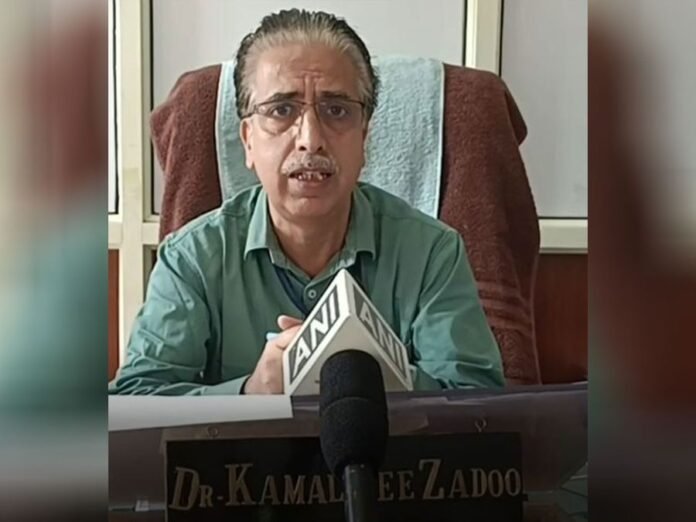In Ramban, Jammu and Kashmir, local authorities launched a major campaign to fight waterborne diseases after heavy rains and landslides sparked a surge in cases. Chief Medical Officer Kamal Zadoo explained to that recent floods have led to outbreaks of illnesses like hepatitis, eye conjunctivitis, and skin infections, which often follow such disasters.
The Health Department teamed up with the district administration to set up 113 camps across the region in just 15 to 20 days. These efforts focused on hard-to-reach areas, where teams worked to prevent post-flood epidemics and shared key advice on avoiding waterborne diseases. Zadoo highlighted simple steps like boiling drinking water and washing hands regularly to stay safe. He added that the area’s immunization programs are running on schedule without interruption.
Engineer Shashi Sharma, speaking to , recalled the tough times from an April cloudburst in Ramban that made clean water access even harder. “We’re educating people to tackle waterborne disease risks head-on,” Sharma said. The campaign includes providing field testing kits to ASHA workers, who are checking water sources and promoting clean water practices door-to-door.
Health officials also ran tests in schools and village panchayats, using bleaching powder to disinfect water and alum to clear turbidity. Back in August, the administration ordered checks on 13 key water quality parameters, including pH, TDS, fluoride, calcium, chloride, iron, sulfate, and manganese. To spread the word, publicity vans rolled through all Ramban subdivisions.
Sharma noted strong progress: Last year, they exceeded their target of 9,000 water tests by completing 10,000. So far this year, they’ve tested 4,900 samples to ensure safer drinking water for everyone in the flood-prone area.
Stay informed on all the latest news, real-time breaking news updates, and follow all the important headlines in world News on Latest NewsX. Follow us on social media Facebook, Twitter(X), Gettr and subscribe our Youtube Channel.



